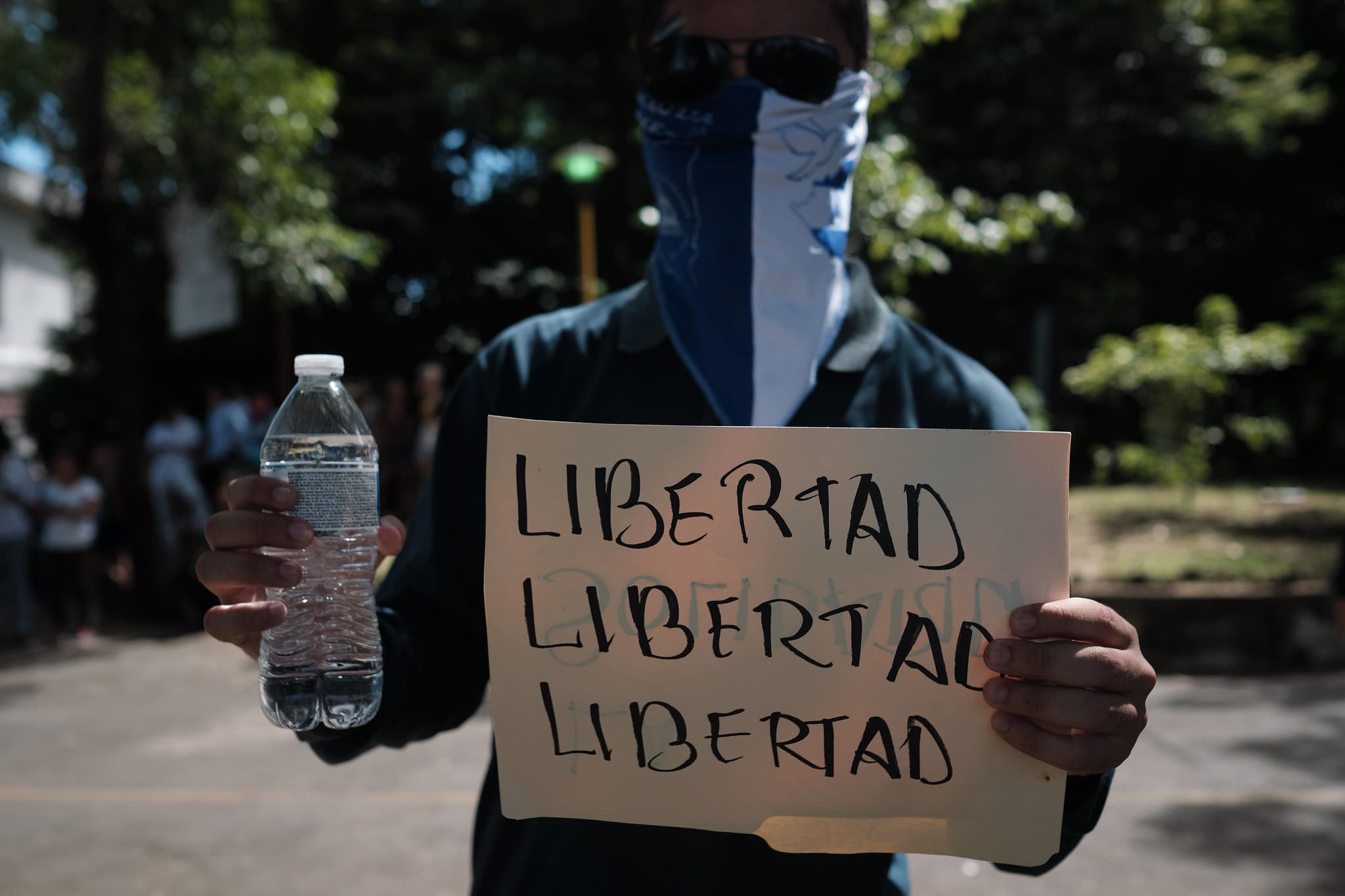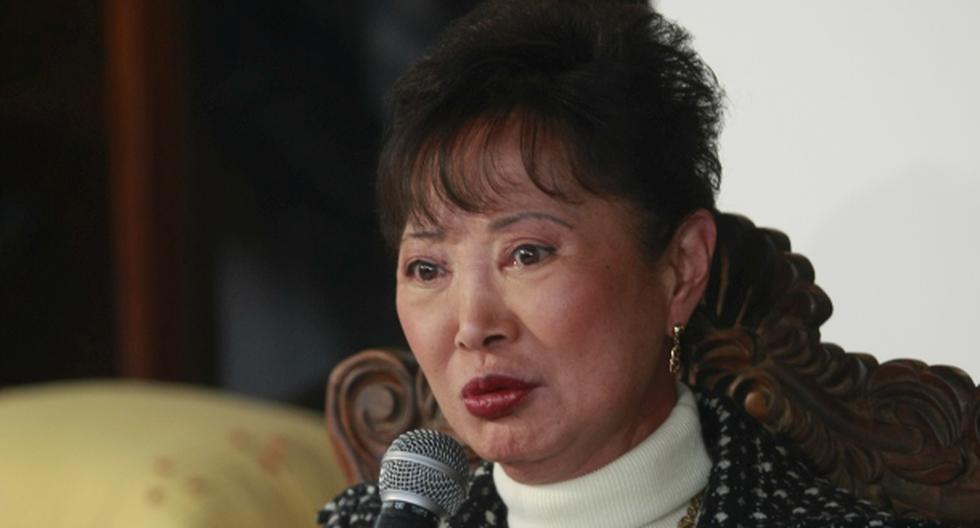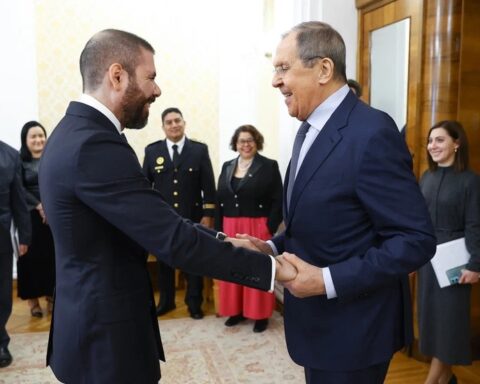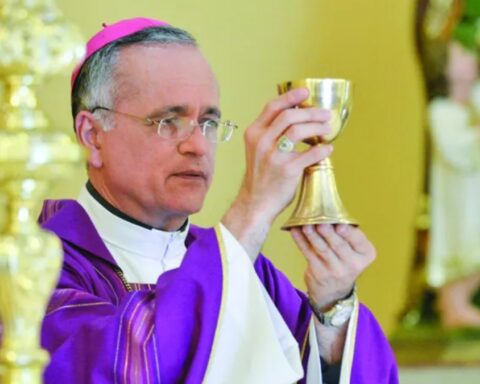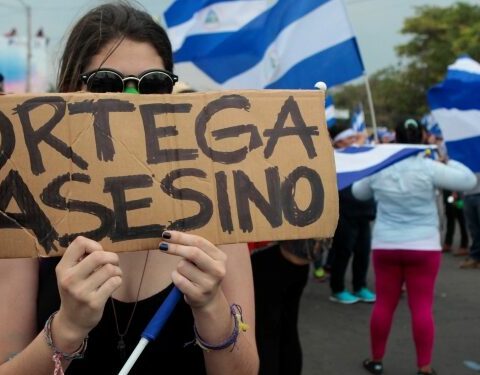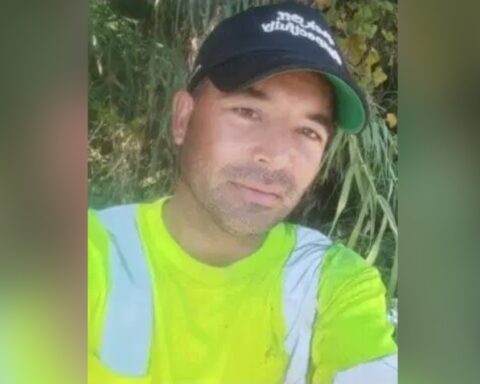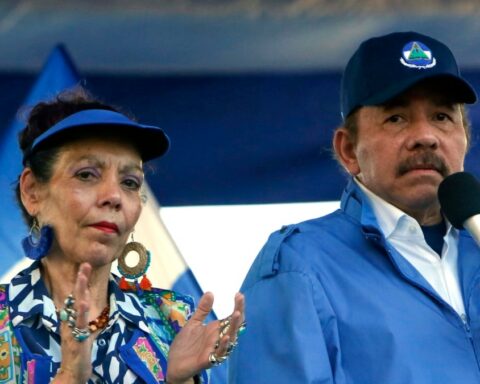Nicaragua went from having a “repressive” civic space to a “closed” one, according to the new report by Civicus Monitor, a worldwide collaborative research that rates fundamental freedoms in 197 countries and territories.
The report “Citizen Power Under Attack 2021” indicates that arbitrary detentions, forced disappearances of alleged opponents of the Government, criminalization of civil society organizations and attacks on the media have led to this new negative rating that in the American continent only had Cuba.
The “closed” rating is the worst a country can receive, the report insists. “A country with a closed civic space means, in reality, that an atmosphere of fear and violence prevails, where people are routinely imprisoned and attacked for exercising their civic rights of association, free assembly and expression,” says Civicus Monitor.
China, Saudi Arabia, Iran and Syria are also considered “closed” civic space countries.
The document details that the main violation of the civic rights in 2021 in America it was intimidation. Haiti and Nicaragua were the two countries that were downgraded, going to “repressive” and “closed”, respectively. They also mention that there is special concern about the situation in El Salvador.
Civicus Monitor indicates that almost 90% of the region’s population lives in countries where civil society freedoms are in danger, because they are in countries with “obstructed”, “repressive” or “closed” civic space.
Ortega crushes dissent
The report explains that the government of President Daniel Ortega “intensified an unprecedented repression against civil society and members of the opposition in 2021, making it clear that there is no room for dissent.”
“An unprecedented offensive against opposition groups and human rights defenders began at the end of May, with a wave of arrests on trumped-up charges,” the text says.
In the run-up to Voting on November 7, opposition candidates and government critics “were rounded up and detained” on charges such as “acting to undermine national integrity,” based on repressive laws designed to criminalize all criticism.
“Nicaragua has enacted a series of laws repressive that have allowed the authorities suppress to civil society, the press and the opposition. Said laws raided the path to the illegitimate elections we witnessed in November, with seven opposition candidates they are still incarcerated“, Said Débora Leão, researcher of the civic space of the Americas at Civicus.
Civicus Monitor expresses its concern “about the arrests arbitrary actions and forced disappearances in Nicaragua ”. The report recalls that, since May, the Government has detained more than 39 people considered opponents of the Government, including presidential candidates, student leaders, defense lawyers and journalists.
“Some were missing for weeks or months before the government provided information on their whereabouts, and many have been subjected to abusive conditions during their detention,” the report insists.
The report argues that Nicaraguan civil society organizations “operate in an increasingly hostile environment.” An example of this is that between July and August 2021, the authorities ordered the closure of 45 non-governmental organizations, including women’s groups, humanitarian organizations and several medical associations.
“Freedom of expression has worsened considerably in Nicaragua, for which around 26 journalists have been forced to run away of the country in recent months ”, he explains.
The document warns that “generalized surveillance and self-censorship have become commonplace” in the current context.
“Reporters have been the target of personal attacks, and at least 16 have been cited as witnesses in investigations against civil society groups and threatened with charges if they refused to speak without the presence of lawyers, ”the text states.

